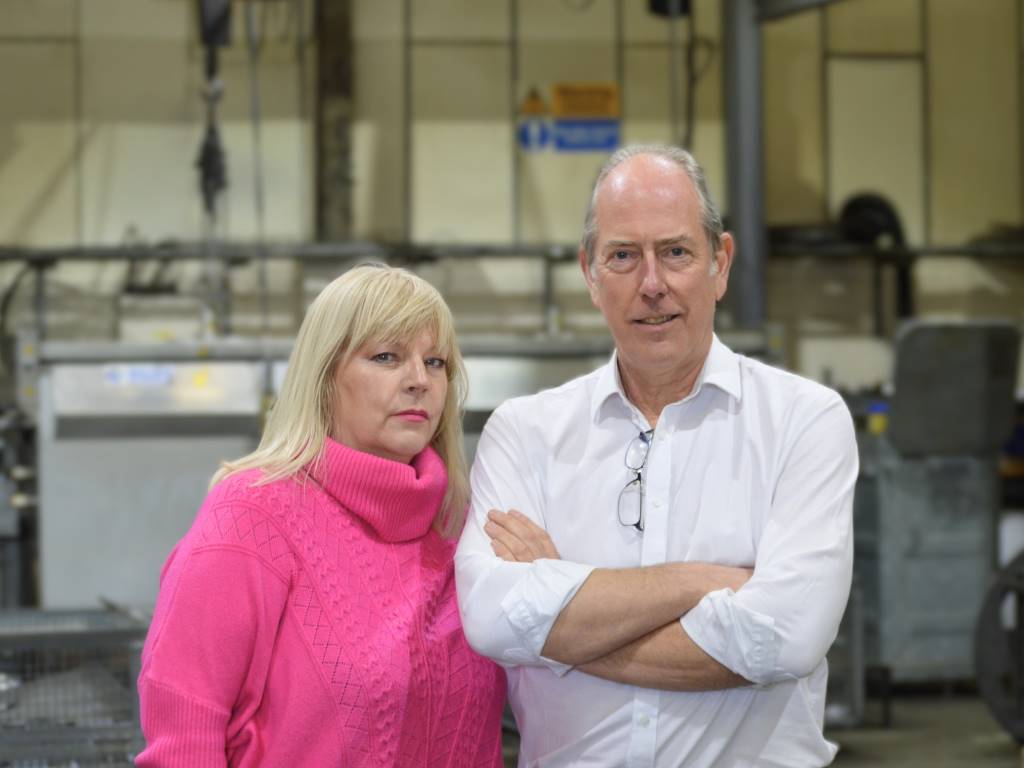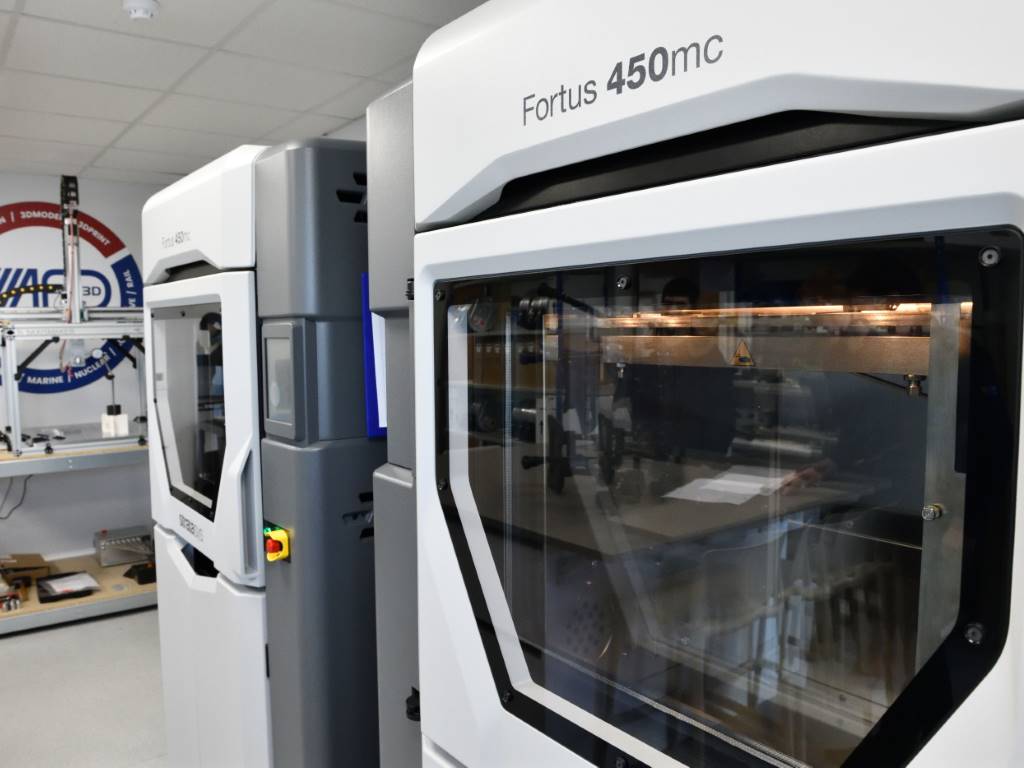Survey data: Safety fears over use of robots in medical procedures

Only 9% of people would prefer to undergo surgery carried out by a robot surgeon compared to a human, despite recent advances in technology that have led to a rise in the use of robotics in a medical setting.
This is according to a new survey, conducted by specialist distributor of industrial components Northern Connectors, which found 51% of people would still favour a human surgeon, as opposed to a robotic device.
The survey, which questioned 570 people about their opinions on recent medical advancements, revealed that only 9% of respondents would rather a robot carried out their surgery, while 40% answered: “I don’t know”.
When asked about their views on the main disadvantages of using robotics in medicine, 73% of respondents said the “possibility of malfunction” was a concern, followed by the high cost of the machinery (56%) and a loss of jobs in the NHS (41%).
Scott Jones, general manager at Northern Connectors, said: “The use of robotic systems in surgical and medical applications is becoming more widespread, with ongoing advances in the technology likely to make this even more common in future.
“However, the findings of our survey suggest there is still a long way to go when it comes to trusting machinery to carry out work typically performed by humans.
“Despite the fact that robots are in many ways seen as more accurate and reliable than human surgeons, people are inevitably worried about putting their lives in the hands of a machine.”
The responses were not all negative – and many people do agree that using robotics in medicine can offer a number of benefits. When asked about the main advantages of using robotics in medical procedures, 64% said the reduced risk of human error, followed by less invasive surgery (57%) and smaller incisions (56%).
When asked to what extent they agreed that the increased use of robotics by medical care providers would improve the standard of patient care, 45% said “neither agree nor disagree”, 34% said “agree”, 8% said “disagree” and 2% said “strongly disagree”. Only 11% of respondents strongly agreed that robotics would lead to an improvement in patient care.
Mr Jones added: “While people seem to be vaguely aware of the benefits of using robotics in medical procedures, it is clear that more needs to be done to alleviate concerns.
“Fears surrounding the safety and accuracy of procedures are prevalent among members of the public, however, it is highly likely that the widespread use of medical robotics is set to continue. And so, more education of the advantages of such products is needed to truly gain more widespread support.”
Northern Connectors www.northern-connectors.co.uk














